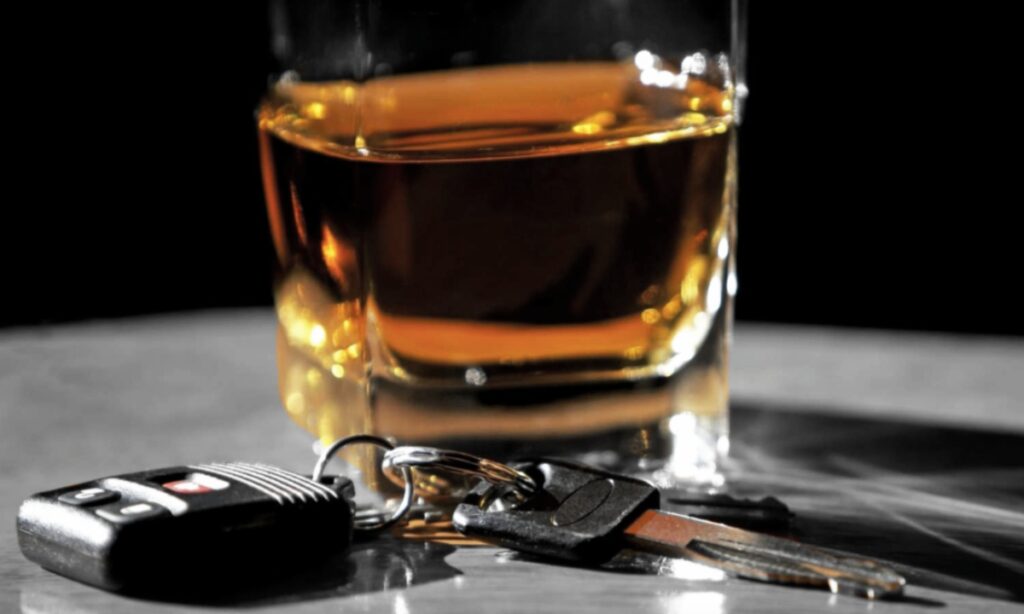Introduction
Driving under the influence (DUI) is a severe offense that puts lives at danger. Police use various methods to identify if a chauffeur suffers, and among the most typical tools utilized is field sobriety tests (FSTs). These tests are created to evaluate a driver's physical and cognitive abilities, supplying important evidence in DUI cases. Understanding the function of field sobriety tests can help individuals charged with DUI navigate the legal process effectively.
What are Field Sobriety Tests?
Field sobriety tests are standardized procedures used by policeman to evaluate a chauffeur's level of problems. These tests are usually administered roadside throughout a traffic stop when an officer suspects that the motorist might be under the impact of alcohol or drugs. The National Highway Traffic Safety Administration (NHTSA) has actually established three standardized field sobriety tests:
1. Horizontal Gaze Nystagmus (HGN) Test This test involves tracking an item, such as a pen or flashlight, with your eyes while keeping your head still. The officer searches for involuntary jerking of https://drinkinganddrivingdefencemqkx967.hpage.com/post1.html the eyes, which can indicate impairment.
2. Walk-and-Turn Test In this test, the motorist is advised to take nine heel-to-toe steps along a straight line, turn around, and stroll back in the very same manner. The officer observes for particular indicators of disability, such as balance concerns or inability to follow instructions.
3. One-Leg Stand Test During this test, the driver is asked to stand on one leg while suspending loud for around 30 seconds. The officer looks for signs of swaying, hopping, or using arms for balance.
The Value of Field Sobriety Tests in DUI Cases
Field sobriety tests play an essential function in DUI cases as they provide unbiased evidence of a motorist's problems. Here are some reasons these tests hold significance:

1. Establishing Probable Cause for Arrest Field sobriety tests are frequently utilized by law enforcement officers to develop possible cause for a DUI arrest. If a chauffeur fails these tests, it offers the officer reasonable premises to think that the individual is impaired and ought to be taken into custody.
2. Supporting Officer's Observations Field sobriety tests offer concrete proof to support an officer's observations throughout a traffic stop. If an officer notifications slurred speech, bloodshot eyes, or the odor of alcohol, carrying out field sobriety tests can enhance their case versus the driver.

3. Demonstrating Impairment in Court In a court of law, field sobriety tests work as evidence to http://dui-processrpzv458.lowescouponn.com/the-role-of-field-sobriety-tests-in-dui-cases demonstrate a motorist's impairment beyond the officer's subjective observations. These tests offer an unbiased procedure of a motorist's ability to carry out basic physical and cognitive tasks while under the influence.
4. Challenging Test Results Field sobriety test results can also be challenged by a skilled DUI lawyer. If there were external elements that could have affected the test results, such as poor climate condition or medical conditions, a lawyer can argue that these elements influenced the https://ameblo.jp/duichargesbkho694/entry-12852944882.html result and might call into question the accuracy of the tests.
FAQs About Field Sobriety Tests
1. Can I refuse to take field sobriety tests?
Yes, you can decline field sobriety tests without legal effects. Nevertheless, it is important to keep in mind that refusing these tests may lead to other effects such as license suspension or arrest based on other evidence of impairment.
2. Do I need to perform all three standardized field sobriety tests?
No, you are not lawfully obliged to perform all three standardized field sobriety tests. You have the right to decrease any or all of these tests if you believe they may incriminate you. However, remember that declining these tests might still be utilized as proof of impairment.
3. Can field sobriety tests be inaccurate?
Field sobriety tests can be subjective and impacted by various elements such as anxiety, fatigue, or physical conditions. Furthermore, the efficiency of the officer administering the test can likewise influence the accuracy of the results.
4. Are there alternative tests to field sobriety tests?
Yes, there are alternative tests such as blood or breath tests that can supply more precise measures of a driver's blood alcohol concentration (BAC). These tests are usually performed at a police station or medical facility.
5. How can a DUI lawyer help with field sobriety test results?
A DUI lawyer can assess the circumstances surrounding your field sobriety test and identify potential flaws or disparities. They can challenge the validity of the test results and argue for their exemption from evidence in court.
6. What takes place if I stop working a field sobriety test?
Failing a field sobriety test does not instantly suggest you will be convicted of a DUI. It is essential to seek advice from a DUI lawyer who can examine your case and develop a reliable defense technique based on your specific circumstances.
Conclusion
Field sobriety tests serve as critical tools in DUI cases, offering unbiased proof https://zenwriting.net/othlaskxgo/the-impact-of-a-dui-conviction-on-your-criminal-record-in-ontario of a chauffeur's disability. Comprehending their role and possible restrictions is necessary for people facing impaired driving charges. If you discover yourself in such a circumstance, it is crucial to seek the guidance of a knowledgeable DUI lawyer who can browse through the complexities of the legal system and supporter for your rights effectively.